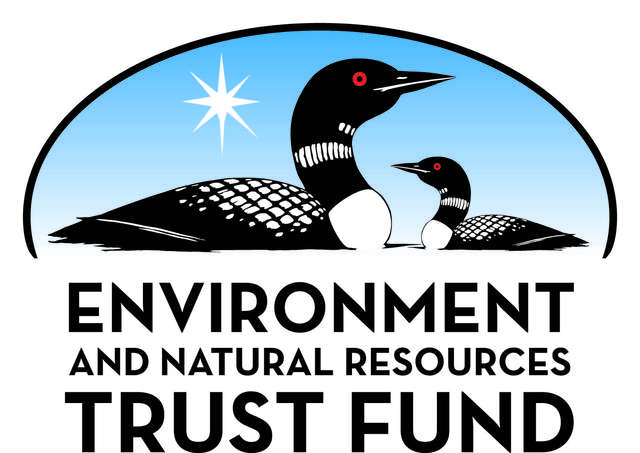Top > In the News... > More Resources from NASA
by , posted on 9:43 AM, May 30, 2019
Check out the latest NASA opportunities for the education community.
 |
1. Start Your Week With Space: Living in Space
Audience: All Educators and Students
Event Date: June 3 at 2 p.m. EDT
Start your week with an exciting science lesson and hands-on demonstration. This week’s lesson introduces students to similarities and differences between living on Earth and living in space. Learn about microgravity and how it affects an astronaut’s life on the International Space Station. This session will also feature a demonstration of liquid nitrogen to help with understanding fuel and the density of gas versus a liquid. Get more out of the session with the “Get a Leg Up” hands-on activity.
2. Moon to Mars Resource Overview
Audience: Educators of Grades K-12
Event Date: June 10 at 6:30 p.m. EDT
Join the NASA STEM Educator Professional Development Collaborative at Texas State University for a free 60-minute webinar. As NASA expands human exploration by visiting the Moon and then Mars, deep space exploration will require innovations in transportation that include the Space Launch System, Orion and Ground Launch Systems. This webinar begins with an overview of NASA’s plans for human exploration beyond low-Earth orbit and continues with an overview of associated NASA education lessons, videos, fact sheets, printables and training opportunities. Resources covered address National Standards in Science and Mathematics. Online registration is required.
3. Small Steps to Giant Leaps: Mission and Resources Overview
Audience: Educators of Grades K-12
Event Date: June 11 at 6:30 p.m. EDT
Join the NASA STEM Educator Professional Development Collaborative at Texas State University for a free 60-minute webinar. This webinar reviews the history of X-planes and NASA aeronautics research while also looking forward to the future of NASA aeronautics innovation. For decades, NASA has been studying aircraft noise in order to reduce noise emissions. Learn about NASA's newest X-plane, the X-59 QueSST, and the research on quiet supersonic flight. Participants will also get an overview of associated NASA STEM lessons, videos, fact sheets, printables and training opportunities. Online registration is required.
4. Explore Moon to Mars: Designing the Mission
Audience: Educators of Grades K-12
Event Date: June 12 at 6 p.m. EDT
Join the NASA STEM Educator Professional Development Collaborative at Texas State University for a free 60-minute webinar. Explore the engineering design process as it applies to NASA’s journey to the Moon and on to Mars. This webinar will showcase NASA STEM engineering design challenges that help students understand the process of designing and launching a mission to land on the Moon and Mars. Online registration is required.
5. Explore Moon to Mars: Orion Ascent Abort-2 Flight Test
Audience: Educators of Grades K-12
Event Date: June 13 at 5 p.m. EDT
Join the NASA STEM Educator Professional Development Collaborative at Texas State University for a free 60-minute webinar. This summer, NASA plans to conduct the Ascent Abort-2 (AA-2) flight test. This milestone event will verify flight capabilities of Orion’s Launch Abort System, a key step in fulfilling NASA’s mission to go to the Moon and then on to Mars. Educators will hear from an Orion flight test engineer about the AA-2 test and the critical role played by mass properties in spacecraft design. This webinar will also highlight NASA resources and hands-on activities for engaging your students with Orion and AA-2. The activities discussed in this webinar address Next Generation Science Standards PS1, PS2 and ETS1. Online registration is required.
6. NASA STEM Engagement Call for Reviewers for Informal STEM Education Proposals
Audience: Formal and Informal Educators, and Other Experts
Deadline: Aug. 13
NASA is seeking qualified peer reviewers to volunteer to externally review NASA TEAM II proposals during fall 2019. A diverse reviewer pool is sought, including but not limited to practicing or retired informal education leadership, managers, educators and evaluators (e.g., K-12; informal; youth groups; public outreach), scientists, engineers, higher education faculty and other experts (including individuals without a current institutional affiliation) with experience or knowledge of activities described in the Announcement NNH19ZHA002N.
Volunteer at https://informal.jpl.nasa.gov/reviewer /. Although NASA cannot guarantee an invitation to review will result, it thanks you for your consideration and/or referrals. Selected reviewers will be expected to disclose all conflicts of interest, including situations that may give the appearance of bias.









 Minnesota science teachers should know about:
Minnesota science teachers should know about: